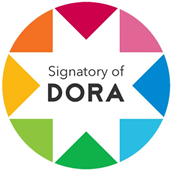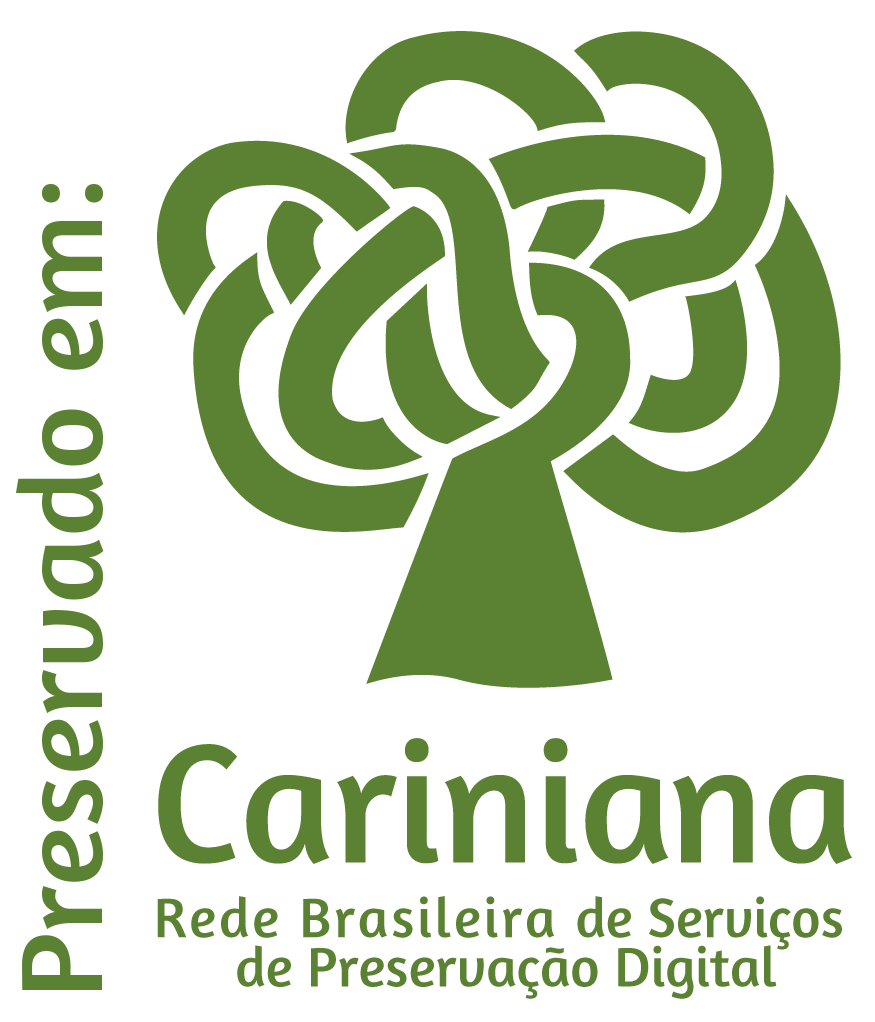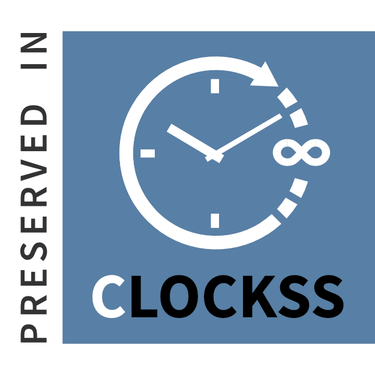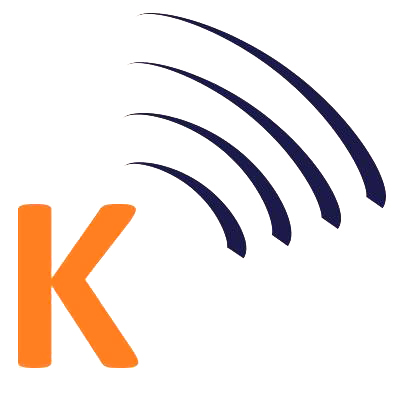The The use of Micro:bit and its applicability in a public school in the North Region
DOI:
https://doi.org/10.31417/educitec.v6i.1119Keywords:
Learning, Methodology, Educational TechnologyAbstract
There are methodologies with a peculiar application, which can support the learning and teaching at classroom, and these methodologies have been studied usually, like some educational tool (robotics, virtual laboratories and physical devices) that become one more methodological option to teach sciences and mathematics for the basic education. This work talks about the use of an educational resource by using the BBC Micro: bit platform, as a way to engage, motivate and promote the computational and scientific studies within a maker culture. The Project Based Learning (PBL) and STEAM (Science, Technology, Engineering, Arts and Mathematics) methodologies were used in this research. A workshop was realized by using of micro: bit devices and it was applied to students at first grade of high school for informatics course from State Technical School of Pará "Dr. Celso Malcher". It was observed from the analyzed results that the micro: bit devices can be used as an educational tool to teach the contents that were presented in the classroom, especially when these contents were studied when the PBL and STEAM methodology applied are shown like an integrating form.
Downloads
Metrics
References
BRITISH BROADCASTING CORPORATION. BBC and partners unveil the landmark BBC Micro:bit. BBC Media Centre (Media Packs), London, 06 july 2015. Disponível em: <https://www.bbc.co.uk/mediacentre/mediapacks/microbit>. Acesso em: 28 jun 2019.
COSTA, W. M. et al. A relação entre aprendizagem e afinidade pelo conteúdo ministrado. In: ENCONTRO LATINO AMERICANO DE INICIAÇÃO CIENTÍFICA, XV, 2011 São José dos Campos. Anais... São José dos Campos: Univap, 2011, p. 1-3.
DARGAINS, A. R. Estudo Exploratório Sobre o Uso da Robótica Educacional no Ensino de Programação Introdutória. 1ª. edição. Rio de Janeiro: UFRJ, 2015.
DE OLIVEIRA, D. G.et al. Oficina de introdução à robótica pedagógica com alunos do ensino fundamental no Pará. In: RAABE, A.; ZORZO, A. F.; BLINKSTEIN, P. Computação na educação básica: fundamentos e experiências. 1a. ed. Porto Alegre: Penso, 2020.
DE OLIVEIRA, D. G.; FONSECA, W. D. S. Robótica Pedagógica, uma forma diferenciada para o ensino de Ciências na região Amazônica. EDUCITEC, Manaus, p. 278-289, dez. 2018.
DE OLIVEIRA, G.; FONSECA, W. D. S. Projeto Robótica Pedagógica: Resgate do PROUCA para o Ensino de Ciências. Revista Educar Mais, Pelotas, p. 79-86. 2019.
FALCO, G. D. P.; SOARES JÚNIOR, J.; ALTAF, J. G. Avaliação da Demanda por Novos Cursos de Ensino Superior na Cidade de Juiz de Fora. In: SIMPÓSIO DE EXCELÊNCIA EM GESTÃO E TECNOLOGIA, XI, 2014 Resende. Anais... Resende: AEDB. 2014.
FARIA, D. R. O uso do blog como ferramenta de pesquisa para os anos finais do ensino fundamental e o ensino médio.2019. 28 f. Monografia (Especialização) – UFSC. Florianópolis, 2019.
FISCHER, J.; HAASZ, V. How to Support Interest in Engineering in Secondary Education. In: INTERNATIONAL SYMPOSIUM ON PHOTONICS AND EDUCATION IN MEASUREMENT SCIENCE, 2019. Jena. Proceedings... Jena: SPIE. 2019.
GATTI, B.; ANDRÉ, M. A relevância dos métodos de pesquisa qualitativa em Educação no Brasil. In: WELLER, W.; PFAFF, N. Metodologias da pesquisa qualitativa em educação. Petrópolis: Vozes, 2010.
GIBSON, S.; BRADLEY, P. A study of Northern Ireland Key Stage 2 pupils’ perceptions of using the BBC Micro:bit in STEM education. 2017. 92 f. Dissertation (Master of Science) – St. Mary’s University College. Belfast, 2017.
MARTINES, E. A.; DUTRA, L. B.; BORGES, P. R. Educiência: da Interdisciplinaridade ao STEAM. Revista REAMEC, Cuiabá, p. 92-110, set-dez. 2019.
MEDEIROS, D. S. et al. Introdução à Programação: Uma Abordagem Lúdica para Adolescentes. CONGRESSO BRASILEIRO DE ENGENHARIA, XLVII, 2019. Fortaleza. Anais... Fortaleza: ABENGE. 2019.
MILHOMEM, P. M. et al. Interação entre curso de engenharia e escola de ensino médio na construção de um aquecedor solar de baixo custo em Tucuruí - Pará. CONGRESSO BRASILEIRO DE ENGENHARIA, 2014. Juiz de Fora. Anais... Juiz de Fora: Cobenge. 2014.
ROGERS, M. P.; SIEVER, B. A macro view of the Micro:Bit. Journal of Computing Sciences in Colleges, v. 33, n. 5, p. 12-132, may 2018.
SALVATIERRA, L. O Interesse Pessoal e o Fator Professor no Processo de Aprendizagem do Aluno. Intinerarius Reflectionius, 2019.
SANTOS, T. F. M.; SANTOS, P. J. S. A robótica educacional na discussão das forças de atrito. ENCONTRO NACIONAL DE PESQUISA EM EDUCAÇÃO EM CIÊNCIAS, XI, 2017. Santa Catarina. Anais... Santa Catarina: UFSC. 2017.
SENTANCE, S. et al. Creating cool stuff - pupils' experience of the BBC micro: bit. Proceedings of the 2017 ACM SIGCSE TECHNICAL SYMPOSIUM OF COMPUTER SCIENCE EDUCATION, 2017. Proceedings… [S.l.]: [s.n.]. 2017. p. 531-536.
TEIXEIRA, L. S. A aprendizagem baseada em projetos no curso técnico em informática: potencialidade e desafios. 2019. 188 f. Dissertação (Mestrado) – Universidade Nove de Julho. São Paulo, 2019.
VENTURA, L. M.; BIANCHINI, L. G.; KIRNEI, L. C. Scratch e a Possibilidade de Novos Sentidos sobre o Ensino de Lógica de Programação. EDUCITEC, Manaus, p. 73-85, jun. 2019.
VIEIRA, V. A.; SFORNI, M. S. Avaliação da Aprendizagem Conceitual. Educar em Revista, Curitiba, p. 45-58, set. 2010.
VYGOTSKY, L. A Construção do Pensamento e da Linguagem. São Paulo: Martins Fontes, v. 1, 2001.
Downloads
Published
How to Cite
Issue
Section
License
This work is licensed under a Creative Commons Attribution 4.0 International License
This license allows others to share, copy, redistribute material in any medium or format, adapt, remix, transform and develop the material based on their work, even if commercially, giving due credit and providing a link to the license.
The published articles are the property and full responsibility of their authors, who may have them for later publication, always including the original edition, and EDUCITEC Magazine does not have any legal responsibility for its content.
Accepted 2020-05-15
Published 2020-06-08

















